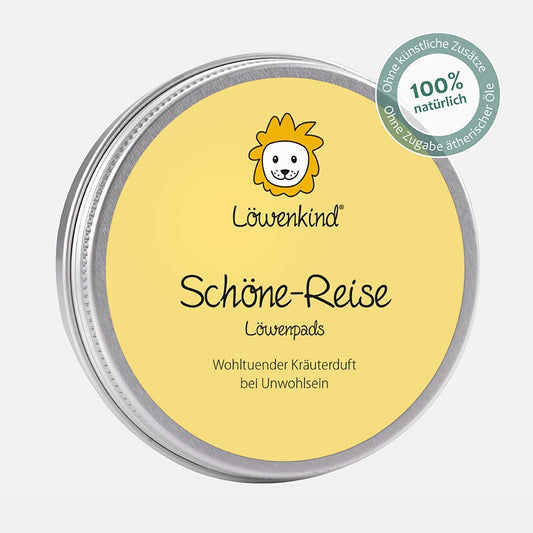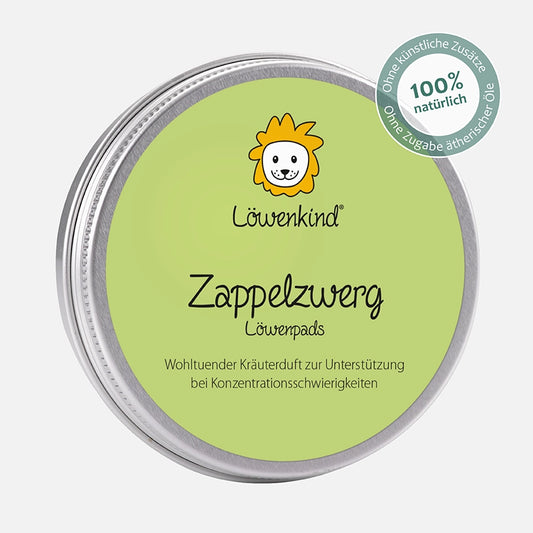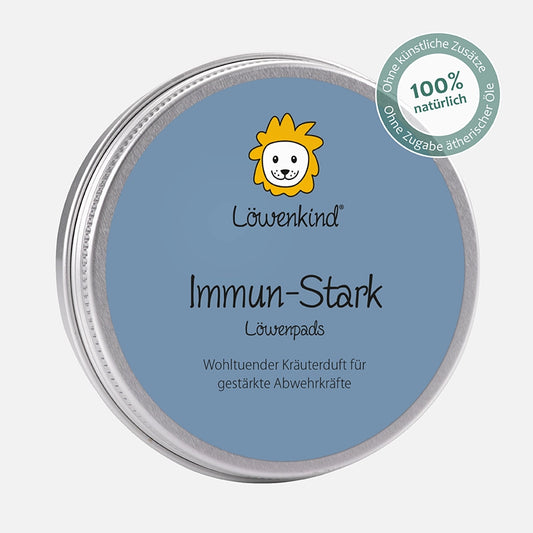The passionflower (Passiflora incarnata) is a plant that not only captivates with its striking flowers, but also with its calming properties for the body and mind. In natural medicine, the passionflower has long been known for its relaxing effects and is often used to support the nervous system and relieve stress and anxiety. This blog post explores the positive effects of the passionflower and its versatile uses.
Historical background and use in naturopathy
The passionflower has a long history of use in traditional medicine, particularly among indigenous peoples of North and South America, who used it as a sedative and to treat sleep disorders. The plant got its name from missionaries who saw its blossoms as symbolic of the Passion of Christ. Today, the passionflower is a popular natural remedy in many parts of the world.
Active ingredients and health benefits
Passionflower contains a number of bioactive substances, including flavonoids, alkaloids, and glycosides, which explain its calming and anxiolytic properties. The main active compounds, such as vitexin, isoorientin, and harmane alkaloids, act on the central nervous system and promote the release of gamma-aminobutyric acid (GABA), a neurotransmitter that reduces nerve cell activity, thus providing a relaxing effect.
Support for anxiety and sleep disorders
One of the most well-known uses of passionflower is for anxiety relief. It acts as a natural anxiolytic, helping to reduce stress and nervousness without the side effects of synthetic sedatives.
Passionflower can also be of great help for sleep problems. Its calming effect on the nervous system helps relax the mind and ease the transition to sleep. Its effectiveness is particularly evident when combined with other calming herbs such as valerian or hops, contributing to restful sleep.
Positive effects on the cardiovascular system
In addition to its calming effect, passionflower also exhibits positive effects on the cardiovascular system. It can help lower blood pressure and regulate heart rate by relaxing blood vessels and reducing stress levels. These properties make passionflower a valuable natural remedy for supporting the cardiovascular system, especially in people suffering from stress-related hypertension.
Applications and safety
Passionflower can be taken in a variety of ways. The dosage should be adjusted individually, and if you are unsure or have specific health conditions, it is advisable to consult a doctor or alternative practitioner before use. For children, use should be more cautious. For example, it would be beneficial to use a scented application to achieve a gentle yet effective effect.
Conclusion
Passionflower is a versatile and natural remedy with calming properties for the nervous system. It helps reduce anxiety and stress, promotes healthy sleep, and gently supports the cardiovascular system. As part of a holistic health regimen, passionflower can help improve overall well-being and help you face everyday challenges with more calm.











